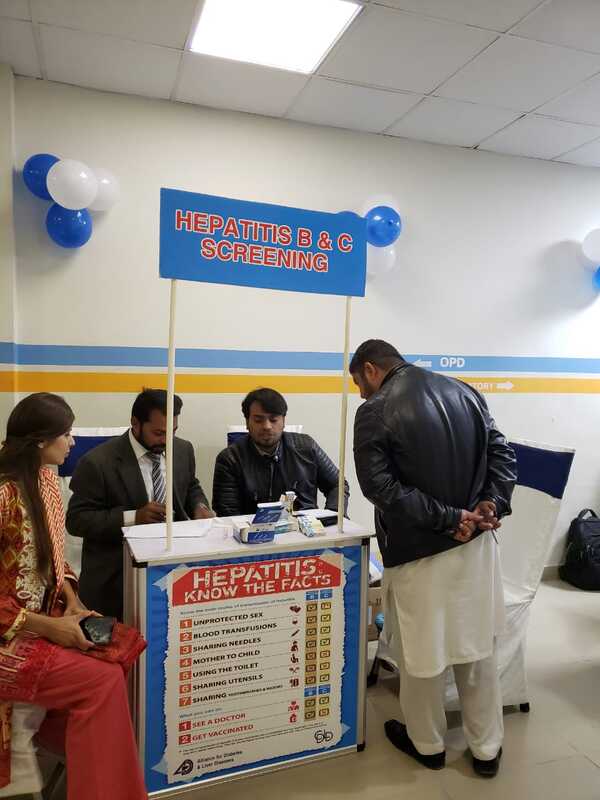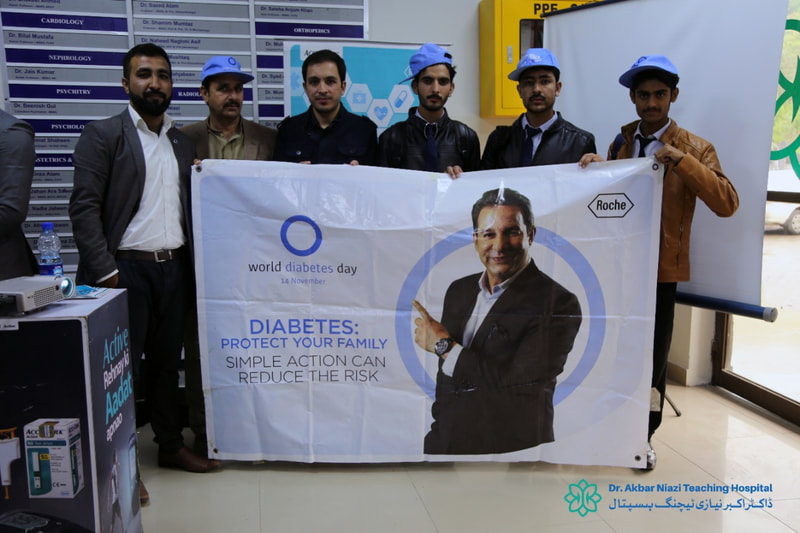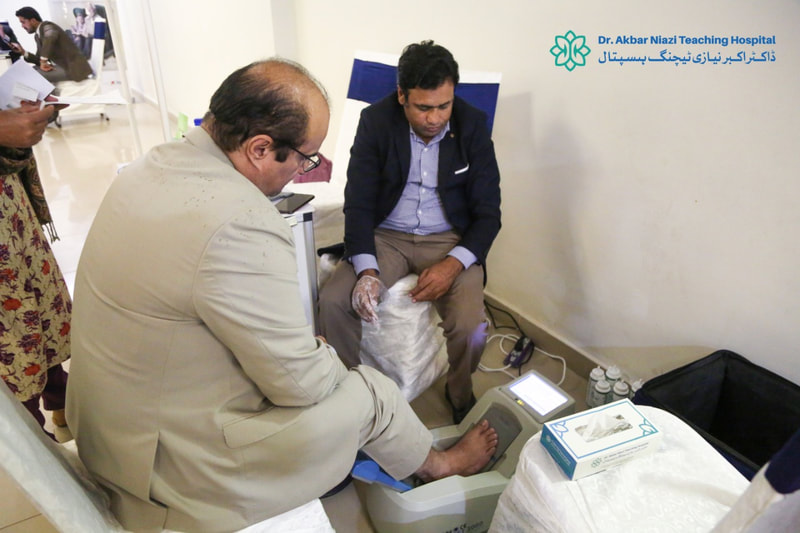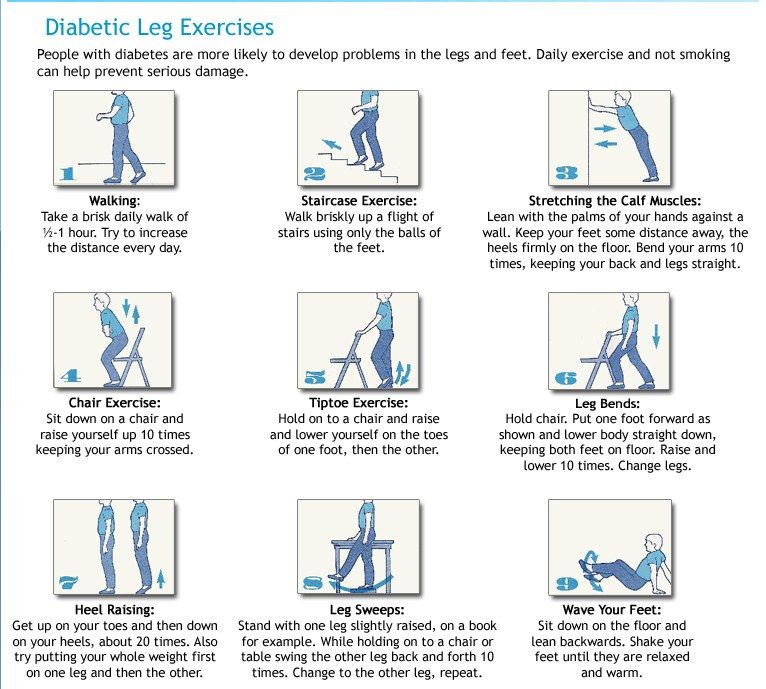A 2014 review of 20 studies that looked at the relationship between T1D and suicide, found that people with T1D also have a higher risk of suicide than the general population.
Are you (or is someone you know) at risk?
Depression is the most common mental health condition associated with suicide and suicidal ideation, or thoughts about suicide, is a symptom of Major Depressive Disorder. We know that people with diabetes are more likely to experience symptoms of depression than people who do not have diabetes. In fact, research shows that people living with T1D are almost twice as likely to develop Major Depressive Disorder compared to the general population.
If you think you’re experiencing symptoms of depression or thoughts of hurting yourself, let your health care team know right away. Symptoms of depression include:
- Depressed mood
- Loss of energy
- Loss of interest or pleasure in activities
- Difficulty sleeping, or sleeping too much
- Difficulty focusing and making decisions
- Loss of appetite, or eating too much
- Feelings of hopelessness
- Thoughts of suicide
People’s behavior can often give clues that they maybe thinking about suicide. According to the US Department of Health and Human Services, warning signs may include:
- Talking about wanting to die or to kill oneself
- Looking for a way to kill oneself
- Talking about feeling hopeless or having no reason to live
- Talking about feeling trapped or in unbearable pain
- Talking about being a burden to others
- Increasing the use of alcohol or drugs
- Acting anxious or agitated; behaving recklessly
- Sleeping too little or too much
- Withdrawing or feeling isolated
- Showing rage or talking about seeking revenge
- Displaying extreme mood swings




























 RSS Feed
RSS Feed





